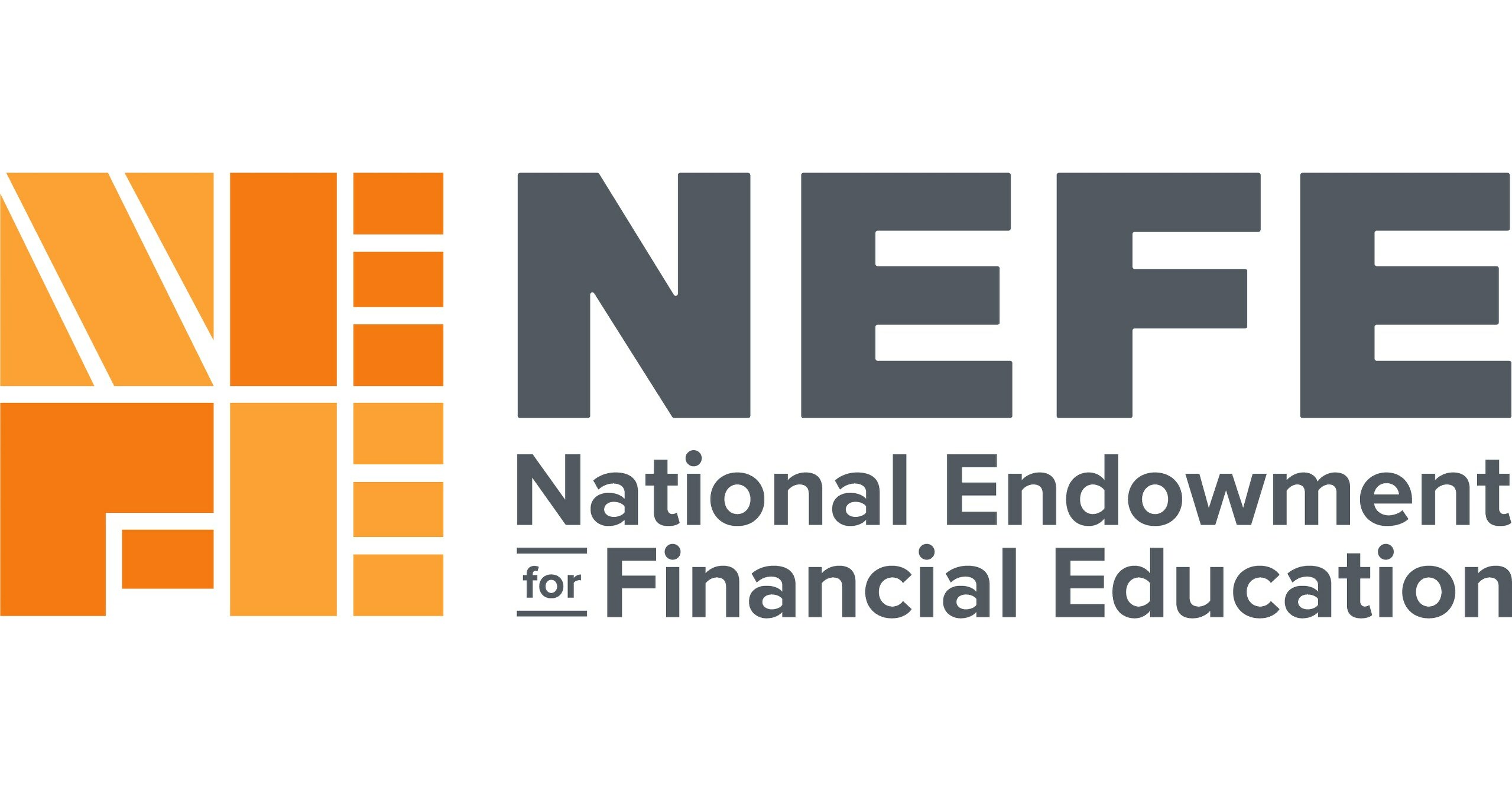Neobanks And The Challenge Of Loyalty In A Financially Flighty Cohort

Benjamin van der Lande is the CMO of HenriPay.
Here’s the ugly truth that everyone in finance knows but no one wants to say aloud: Gen-Z (ages 13-28) is the most financially illiterate cohort in recent history.
This isn’t just the opinion of some cantankerous Boomers who want those pesky Gen-Z kids to turn down their loud music and get off the lawn; globally, study after study has demonstrated that Gen-Z has historically low financial literacy levels. Even Gen-Z members themselves are aware of their limitations, expressing limited financial confidence and understanding. It’s a well-known issue—one that hasn’t been resolved by the unprecedented access today’s youth have to digital information platforms.
A Multipronged Dilemma
So, why is this the case? There are a few main reasons our industry points to. The first is a lack of proper financial guidance, which has two main components: knowledge transfer and wealth transfer.
Gen-Z’s forebears have been great at passing down money. But their success in transferring wealth has inadvertently undermined the transfer of knowledge. The assumption that prosperity negated the need for financial education left many Gen-Zers unprepared to manage wealth (or any amount of money) effectively. Without early exposure to smart money habits, building true financial fitness in adulthood becomes significantly harder.
Another contributing factor? Social media. While one might assume that digital natives should have everything they need to become financially literate, access to information doesn’t equal understanding. Worse, financial misinformation is rampant.
One particularly harmful trend: self-proclaimed “financial gurus” on TikTok and YouTube advising students to take out unnecessary loans to invest the money elsewhere. “It’s only a small interest rate! Just invest it—you’ll come out ahead!” That kind of advice may sound savvy, but it’s reckless, especially when the audience has little to no investing experience. These aren’t licensed advisers, and the advice is dangerously oversimplified.
There’s also the fallacy of one-size-fits-all financial advice. What might work for a startup founder doesn’t necessarily work for someone with a traditional 9-to-5. Yet many influencers push a single formula, often ignoring individual circumstances—a serious red flag when building financial literacy.
Finally, consider the generational context. There’s an old saying: “Good times create weak people, weak people create bad times, bad times create strong people, and strong people create good times.” Gen-Z’s parents generally experienced relative financial stability compared to previous generations who weathered global wars and economic collapses. As a result, many Gen-Zers haven’t had to build the grit and adaptability that come from navigating financial hardship, and that lack of resilience is starting to show.
The Rise Of Neobanks
Perhaps because of their limited investment—both emotional and financial—in traditional banking, neobanks are booming in popularity among Gen-Z. For the uninitiated, neobanks (also known as digital or challenger banks) are fintech-driven institutions that offer banking services exclusively through mobile apps and websites, rather than brick-and-mortar branches.
Gen-Z is driving the adoption of neobanks, and the reasons go beyond convenience. Traditional banks benefit from inertia—most adults stick with the institutions they’ve always used. But Gen-Z bucks that trend.
This cohort shows little institutional loyalty. They actively seek better deals, better user experiences and brands that align with their values. Where their parents might say, “I’ve always banked here, so I trust them,” Gen-Z is more likely to ask, “What are they doing for me now?”
They’re also values-driven consumers. A company that fails to match consumers’ environmental, social or political beliefs won’t last long in its ecosystem. To keep pace, many neobanks have made eco-consciousness, sustainability and financial empowerment central to their branding.
And of course, digital fluency plays a huge role. This is a generation raised with smartphones, accustomed to instant gratification and intuitive interfaces. Gen-Z will do almost anything to avoid making a phone call or visiting a branch. Mobile-first financial solutions aren’t just a preference—they’re an expectation.
An Unreliable Asset
Given the market opportunity, can neobanks thrive by capitalizing on Gen-Z’s dissatisfaction with traditional banking and lack of financial literacy? The short answer: not without doing more.
Here’s the hard reality: Consumer finance is broken. Financial education is lacking. And tougher economic conditions are emerging. Gen-Z and Millennials haven’t lived through a great depression or a world war; their “defining events” are the 2008 financial crisis and the Covid-19 pandemic. While impactful, these events haven’t prepared them for long-term financial resilience.
Yet the aftershocks of 2008 continue, and today’s economic pressures—rising costs, stagnant wages, global instability—are forcing a reckoning. People are realizing they’re not financially prepared. That’s the opportunity window for neobanks—but only those that truly solve customer pain points will endure.
Many neobanks launched with massive VC backing and a “growth at all costs” mentality. They prioritized user acquisition over profitability. That approach is no longer viable. Investors are cautious, capital is tighter and the need for long-term value is nonnegotiable.
Over-regulation is another hurdle. Regulators still view neobanks as disruptors, sometimes unfairly. A neobank dabbling in digital currency, for example, may face significant barriers to securing full banking licenses. Without adaptive strategies to navigate these systems, scaling responsibly remains a serious challenge.
But the biggest hurdle is loyalty. If your customer base is financially disengaged and always looking for the next best thing, how do you build lasting relationships?
The answer lies in education and empowerment. Neobanks that embed financial literacy tools and ongoing financial fitness coaching directly into their platforms—not just blogs or FAQs, but real, integrated support—will foster deeper user trust. Flashy interfaces and low fees won’t sustain loyalty. Helping users take control of their finances will.
Because let’s face it: If your customer has no money, there’s nothing to bank. The neobanking industry has to address the root problem—building financial literacy and long-term financial fitness—or the technology won’t matter.
Forbes Business Council is the foremost growth and networking organization for business owners and leaders. Do I qualify?
link







